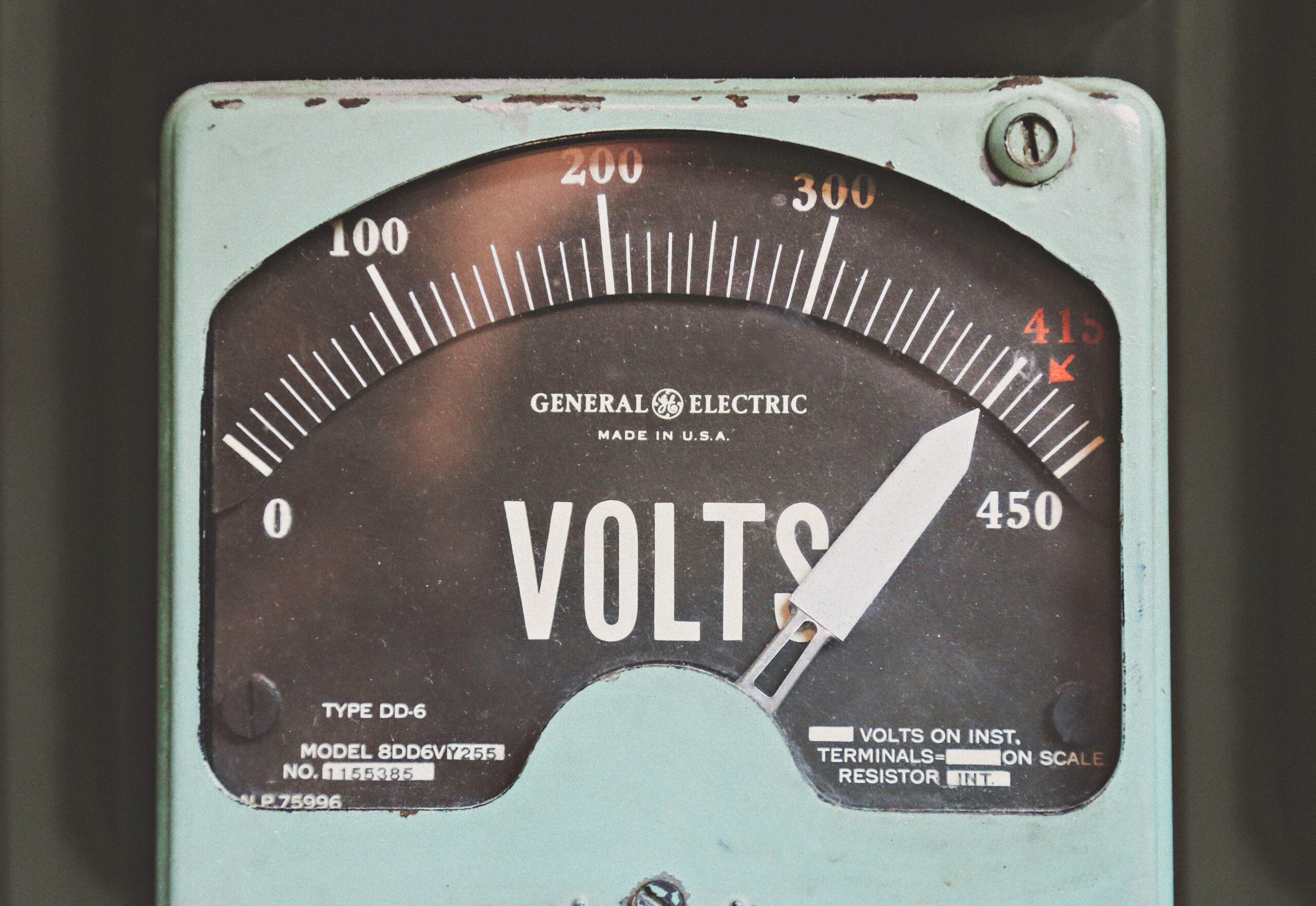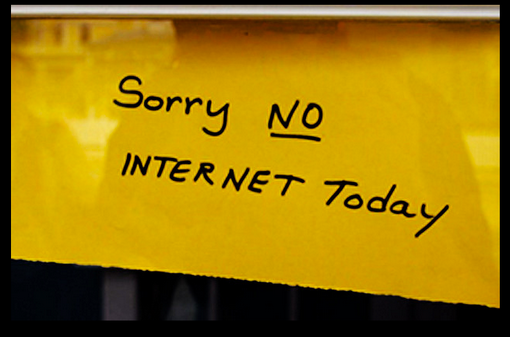In the age of escalating energy demands and environmental concerns, smart metering is a solution that can spell efficiency and sustainability. Plus, it can be a sizeable opportunity for IoT providers. These advanced devices revolutionize how we monitor and manage electricity consumption in households and businesses.
A smart meter records energy usage and leverages onboard connectivity to upload this data to energy suppliers. Different from conventional meters, they provide real-time data, enabling consumers to track usage patterns and make informed decisions to optimize energy usage. Moreover, they facilitate remote monitoring, eliminating the need for manual readings and reducing operational costs for utility providers.
Read more: Ergonomics matter: The role of adjustable stands & blue light filters in gaming monitors
Its uptick has been noteworthy lately. In October, Smarterhomes Technologies, a smart water metering technology company that offers IoT-based water metering solutions for high-rise residential communities, launched operations in Kochi, Mumbai, and Pune.
In May, Polaris, a provider of innovative energy solutions, won the contract of INR 2,246 Crores to install 2.2 million smart meters in the state of West Bengal. The project aims to reduce losses for DISCOMs and empower consumers by introducing smart prepaid meters. With this order, Polaris has successfully closed orders over INR 7,700 Crores across the geographies of Uttar Pradesh, West Bengal, Manipur, Bihar and Ladakh.
Yashraj Khaitan, Co-Founder of Polaris, said, “By introducing smart prepaid meters, we aim to empower consumers with the ability to make informed decisions about their energy usage.”
The introduction of smart meters is poised to transform the way consumers engage with their energy usage
Dipak Pal, Chief Engineer of WBSEDCL
Dipak Pal, Chief Engineer of WBSEDCL, said, “The introduction of smart meters is poised to transform the way consumers engage with their energy usage.”
Polaris also obtained two contracts in January 2024, valued at over INR5,200 crore for smart prepaid metering in the state of Uttar Pradesh. Madhyanchal Vidyut Vitran Nigam Limited (MVVNL) awarded the contracts to Polaris for installing over 5.1 million smart meters.
Smart metering addresses grid losses, optimizes load management, and contributes to environmental conservation
Bhawani Singh Khangarot, MD, MVVNL
Bhawani Singh Khangarot, MD, MVVNL, said, “Smart metering technology is integral to modernizing our energy infrastructure. Smart metering addresses grid losses, optimizes load management, and contributes to environmental conservation.”
This niche market is beginning to open up, but it has some promising opportunities. A study from Juniper Research found that hardware, connectivity and service revenue from smart meter deployments, and in use, will exceed $60 billion in 2027; up from $41 billion in 2023. This 44% growth reflects how smart meters are becoming critical to increasing the efficiency of energy grids via analytics; central to lowering costs to customers during the energy price crisis.
Read more: Agtech foreign expansion & incoming business: Helping the farmer within & beyond shores
According to the research, Italy leads Smart Meter roll-outs and by 2027 the country is projected to have the highest household penetration rate of smart meters globally, at almost 100%. Italy has had mandatory smart meter installations since 2006, setting an example for the wider market.
Apart from being an opportunity in itself, smart meters are creating a space for the already burgeoning IoT sector. With over 1.8 billion smart meter connections forecast to be in use by 2027 globally, smart meter connectivity represents an important opportunity for cellular networks and low-power IoT connectivity. The low data usage of smart meters lends itself naturally to low-power IoT, but as cellular networks are the only networks capable of providing ubiquitous access in some markets, they clearly still have a role.
While smart meters have come a long way in deployment terms, they are only as good as the connectivity they leverage. Utility companies must aim to aggregate the best networks for their locations, or they will fail to obtain the benefits smart meters can readily provide
Juniper report co-author Nick Maynard
Report co-author Nick Maynard explained, “While smart meters have come a long way in deployment terms, they are only as good as the connectivity they leverage. Utility companies must aim to aggregate the best networks for their locations, or they will fail to obtain the benefits smart meters can readily provide.”
With climate change pressing and energy efficiency imperative, smart metering stands as a vital tool in fostering a greener, more efficient future.












